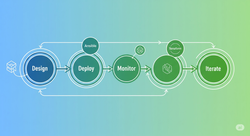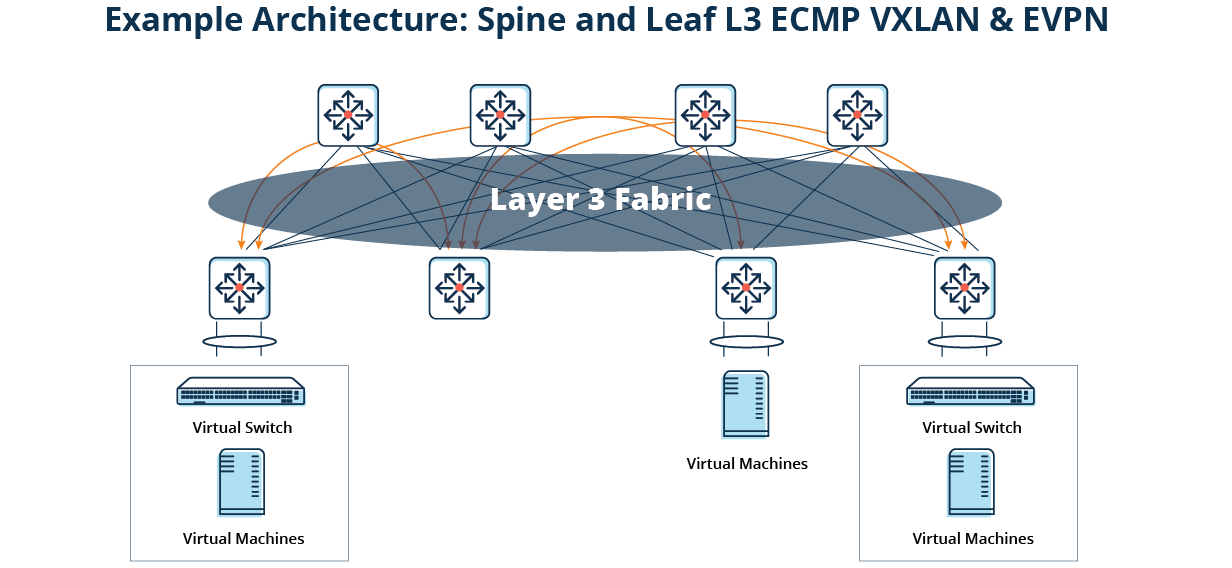On this page
Hey network folks! 👋
For years, we've been automating tasks with tools like Netmiko – a fantastic Python library for interacting with network devices. But let’s be real, writing and maintaining those scripts can still feel…script-y. Lots of if/else statements, parsing outputs, and hoping everything stays consistent when the device configs change.
Wouldn't it be amazing if we could talk to our networks? Ask questions in plain English and get actionable results?
That’s where LangChain comes in!
In this blog post I took a deep dive into integrating LangChain (and specifically, OpenAI's ChatOpenAI) with Netmiko, and the results are pretty exciting. Think of it like giving your network automation a brain boost.
What did I build?
Essentially, I created an agent that can:
- Fetch running configs: "Get me the running config for 192.168.1.138" - done!
- Check interface status: "Show me the status of Ethernet1/1 on switch X" – no problem.
- Summarize BGP info: “What’s the BGP L2VPN EVPN summary for that Nexus?” – it'll tell you!
Why is this a game-changer?
- Natural Language Interface: No more memorizing command syntax or wrestling with complex scripts. You can interact with your network using everyday language.
- Reduced Scripting Effort: LangChain handles the logic of figuring out how to get the information you need, freeing up your time for more strategic tasks.
- Adaptability: The agent is surprisingly good at understanding variations in how you ask questions. (Though it's still learning – see "What's Next" below!)
- Faster Troubleshooting: Quickly gather critical data without digging through documentation or manually logging into devices.
Prerequisites and Setup
Step 1: Set Up Your Python Environment
python3 -m venv .venv
source .venv/bin/activate
Step 2: Install the Required Python Packages
pip install langchain-openai langchain netmiko python-dotenv
💡 You’ll need an OpenAI API key and a reachable Cisco Nexus device
Step 3: Use a .env File for Credentials
# .env file in your project directory
NEXUS_USER=admin
NEXUS_PASS=YourSecurePassword
OPENAI_API_KEY=sk-...
Here’s a peek under the hood (don't worry, we won't get too technical):
I defined “tools” using LangChain’s @tool decorator. These are essentially wrappers around our Netmiko connection functions. The agent then uses OpenAI to understand your request and decide which tool(s) to use to fulfill it.
Here’s the code I used:






